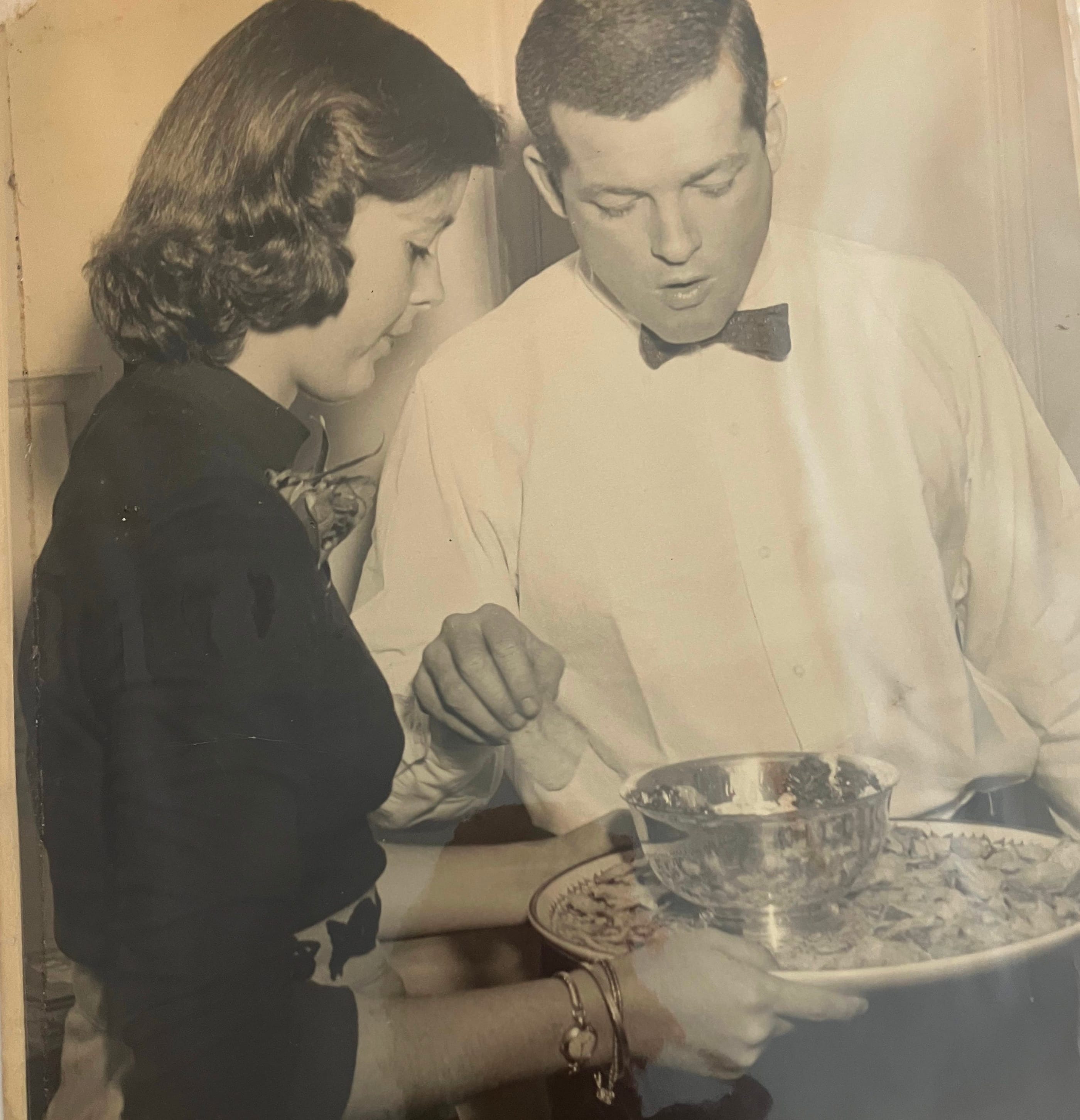For most of my life, I struggled to understand what it truly means to be a man. My father was an alcoholic writer whose life was marked by irresponsible gunplay, rage, and periods of almost catatonic depression. This was my initial template for manhood—and, sadly, I followed suit, grappling with my own addictions, anger, and despair. Through his behavior, I also learned that men believed themselves to be superior to women—that whatever a man did was more important. Women, in his view, were to handle the logistical tasks of running a household, while men’s roles were to make money, hunt, fish, drink, and, when the mood struck, to philander.
Growing up, I saw little beyond these societal expectations. The only way I received praise from my father was through athletic success. That became my primary measure of worth and a defining part of my self-concept as a male. Outside of sports, he found me lacking and expressed his displeasure with searing verbal abuse and kicks, slaps and punches.
I staggered into my late twenties having largely destroyed any semblance of a stable, decent life. But I eventually launched myself into sobriety, deciding that I didn’t want to repeat my father’s path—especially since he died at fifty-six, shriven and emaciated, broken from alcoholism.
In sobriety, and through my second marriage and as a father to three children, I have gradually refined my understanding of what it means to be a good man. My conception of manhood has been shaped by trial, error, and the stern lessons of experience. While many of these qualities are universal, some are more rooted in a male perspective
What I believe makes a good man:
· Trustworthiness: A good man is true to his word and accountable to himself and others. If he fails to keep a promise, he takes responsibility and is accountable. He can be trusted to keep secrets and honor confidences.
· Respectful Discipline: A good man doesn’t resort to physical punishment. He raises thoughtful, well-mannered children through patience, clear boundaries, consequences, and encouragement—without resorting to shaming or abuse.
· Loyalty and Fidelity: A good man is committed, faithful, and respectful of his spouse. He honors his union and sees his partner as an equal, not as someone to subjugate, belittle or control.
· Peaceful Conflict Resolution: A good man walks away from fights when possible, recognizing that violence is a last resort. But, if necessary, he can defend himself, his loved ones, or his home without shame.
· Loyal Friend: A good man supports his friends, stands up for them, and values loyalty and integrity in his relationships.
· Financial Responsibility: He lives within his means, incurs only necessary debt, and uses his resources to support those he cares about.
· Valuing Life: He recognizes that life—his own and others’—is precious. He cares for his body, mind, and spirit through good self-care: sleeping well, eating nourishing food, exercising regularly, and maintaining mental clarity.
· Humor and Humility: A good man laughs with others—not at them—and can laugh at himself, embracing humility and joy.
· Balance: He works diligently but also takes time for leisure and recreation, understanding that a well-rounded life fosters happiness and resilience.
· Lifelong Learning: He remains open to growth, seeking knowledge and wisdom wherever he can find it. He loves good ideas and recognizes that they can come from anyone, not just himself.
· Facing Challenges: A good man confronts his problems directly, knowing that avoidance only makes things worse. He doesn’t cut and run when difficulty arises.
· Resilience: Finally, a good man refuses to succumb to despair or negativity. Instead, he looks within to find strength and resilience, choosing to present the best aspects of himself.
Being a good man is an ongoing journey of growth, integrity, and compassion. It’s about striving to embody virtues that support not only oneself but others too. Perseverance, humility, and the willingness to learn and evolve—are values that transcend gender and help us become better human beings.






Comments